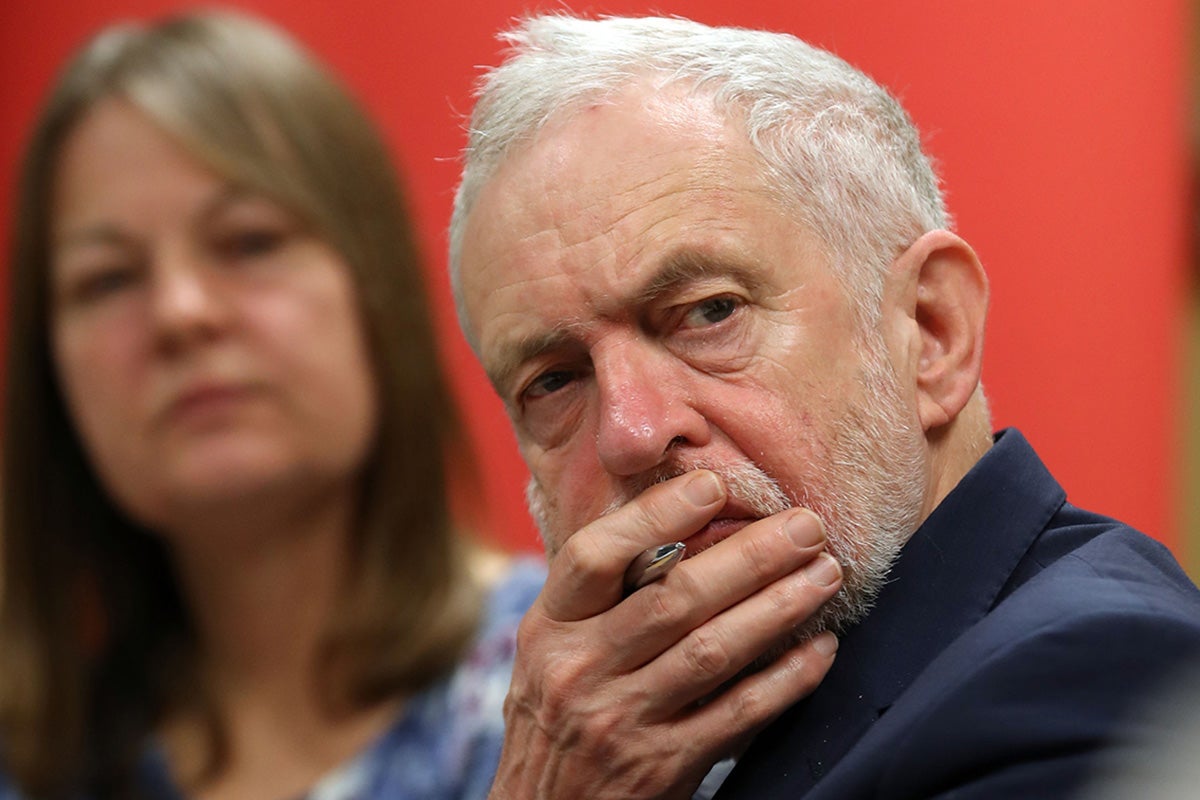I know a left-wing Brexit is a myth – I wrote the report on why it would never work
Austerity in the UK has been a political choice, made by this Tory Government, and has nothing to do with the EU or single market rules. EU rules impose no restriction whatsoever on the level of public spending


Over the coming months, Brexit will pose huge challenges for the country, and for the Labour Party. It is vital that we get our position right, and take the fight to the Tories.
But to do this, we need to agree on the facts, and that means tackling some commonly cited myths within our party.
It has often been argued by advocates of “Lexit” that a hard Brexit will allow a future Labour government to end austerity. That by leaving the single market and customs union and shaking off the shackles of Brussels we will have more freedom to invest in the economy.
This is nonsense. The reality is that austerity in the UK has been a political choice, made by this Tory Government, and has nothing to do with the EU or single market rules. EU rules impose no restriction whatsoever on the level of public spending. Its strictures are about deficits, that is, how much, in normal times, governments finance their spending by borrowing instead by taxation. Crucial is that the rules allow governments the flexibility to deliberately spend in a Keynesian manner during a recession and to invest.
Let’s be clear: a hard Brexit, whereby we leave the single market and customs union, will cause an economic loss that will reduce tax receipts and therefore risk an extension or intensification of austerity.
All credible economic analyses of the long-term cost of Brexit have found broadly the same hierarchy of effects: the further Britain travels from the single market, the greater the economic loss. Indeed, the Government’s leaked analysis, published by Buzzfeed, of the impact of Brexit says that the UK would be worse off under all scenarios. Furthermore, most estimates of the cost of Brexit may well be conservative and do not include uncertainty, business confidence and flight of EU workers, which will have a negative effect on the UK’s productivity.
Indeed, by 2030, according to government statistics, the estimates are that any deal outside the single market would see UK GDP decrease by up to 7.5 per cent per year. Put simply, leaving the single market means fewer jobs and lower wages. As the TUC general secretary, Frances O’Grady, said: “If we leave the single market, working people will end up paying the price. It’d be bad for jobs, for workers’ rights and for our living standards.”
Lower wages and profits also means a lower tax take. The Treasury estimate of a hard Brexit FTA agreement – which includes tariff-free access to the single market and which is what the Government and Labour party (after a transition period) are currently aiming for – suggests that this could result in an annual tax loss of £36bn a year by 2030 compared to remaining in the EU.
A £36bn loss is equivalent to a third of the budget for NHS England. This would come at a time when an ageing population means that we need more tax revenue just to maintain existing public services. Leaving the single market would mean our public finances, and therefore our public services, going in the wrong direction.
Couldn’t we just borrow more money? Well, this would be politically difficult to do under the Labour Party’s new fiscal rule, which states that we will close the deficit on day-to-day spending over five years, that we will make sure government debt is falling at the end of five years and that we will borrow only to invest.
Raising taxes to pay for current day-to-day spending is the other alternative. However, in the 2017 Labour election the Shadow Chancellor set out a range of new taxes to pay for the 2017 manifesto commitments and promised that those earning below £80,000 a year would pay no more in income tax and ruled out raises in VAT and national insurance contributions. If the economy is smaller because of leaving the single market, then higher rates on a greater number of people lower down the income scale may be needed.
To add to this, the Bank of England has suggested that the new normal growth rate for the British economy will be 1.5 per cent, rather than the 2.5 per cent of the post-war period and that a hard Brexit will make this worse. This growth path has huge implications for our public services and social security system. Public spending choices would be much, much harder for any future Labour government.
And for as long as the Conservatives remain in power, leaving the single market risks the extension of austerity for years to come, on top of the last decade of public spending cuts.
Catherine West is a former shadow foreign minister and co-author of Busting the Lexit Myths, a report published today by Open Britain and the Labour Campaign for the Single Market
Join our commenting forum
Join thought-provoking conversations, follow other Independent readers and see their replies
Comments
Bookmark popover
Removed from bookmarks